News
-
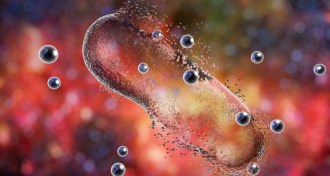 Tech
TechSuperbugs may meet their match in these nanoparticles
Quantum dots and antibiotics hit bacteria with a one-two punch.
-
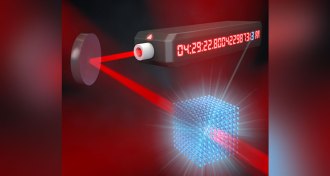 Tech
TechNew atomic clock is most precise yet
This next-gen atomic clock ticks at a steady beat, but time will tell just how well it tells time.
-
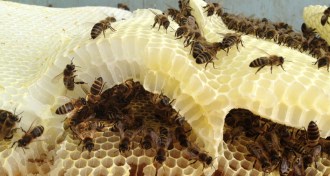 Agriculture
AgricultureMuch of the world’s honey now contains bee-harming pesticides
A controversial group of chemicals called neonicotinoids has a global impact, tests of honey samples show.
-
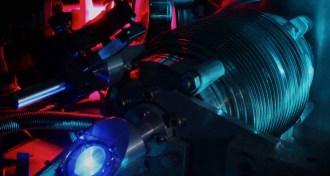 Physics
PhysicsProton size still perplexes despite a new measurement
Study of hydrogen atoms supports the case for a smaller proton.
-
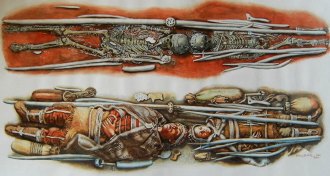 Genetics
GeneticsAncient humans avoided inbreeding by networking
Ancient DNA expands foragers’ social, mating networks.
By Bruce Bower -
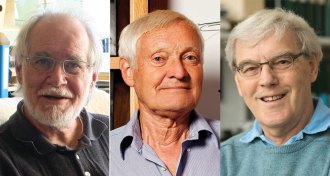 Chemistry
ChemistryChemistry Nobel Prize goes to 3-D snapshots of life’s atomic details
An imaging technique that gives up-close 3-D views of proteins is honored in this year's chemistry Nobel Prize.
By Carolyn Gramling and Laurel Hamers -
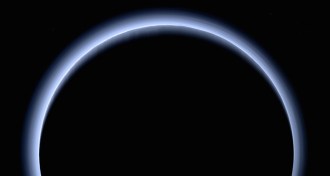 Astronomy
AstronomyWhy it’s good news that Pluto doesn’t have rings
The New Horizons team searched for rings around Pluto, and found nothing. That suggests the spacecraft’s next destination might be ring-free too.
-
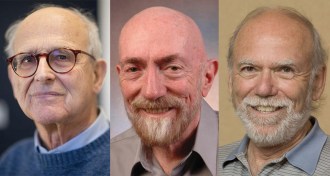 Physics
PhysicsTrio wins physics Nobel Prize for gravitational wave detection
Pioneers of LIGO collaboration win for finding spacetime ripples from two spiraling black holes.
By Emily Conover and Lisa Grossman -
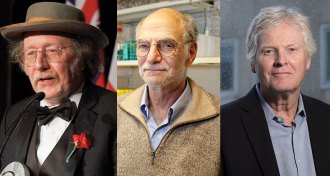 Life
LifeCracking the body clock code wins trio a Nobel Prize
Circadian clock researchers take home the Nobel Prize in physiology or medicine.
By Tina Hesman Saey and Aimee Cunningham -
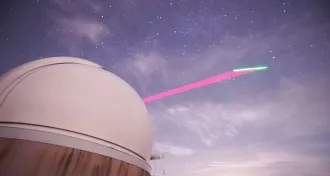 Quantum Physics
Quantum PhysicsQuantum video chat links scientists on two different continents
A Sept. 29 ultrasecure quantum video chat demonstrates the potential for quantum communications across the globe.
-
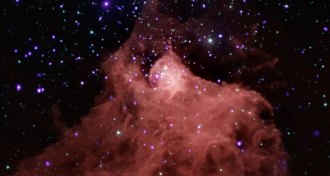 Astronomy
AstronomyIce in space might flow like honey and bubble like champagne
Zapping simulated space ice with imitation starlight makes the ice act more like a liquid than a solid, meaning similar ices in space might be good places for organic chemistry.
-
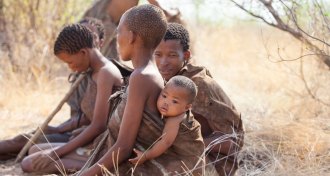 Genetics
GeneticsAncient boy’s DNA pushes back date of earliest humans
Genes from South African fossils suggest humans emerged close to 300,000 years ago.
By Bruce Bower